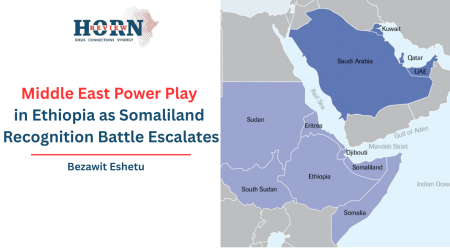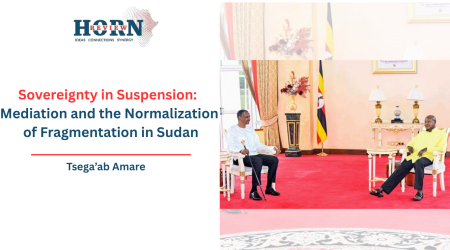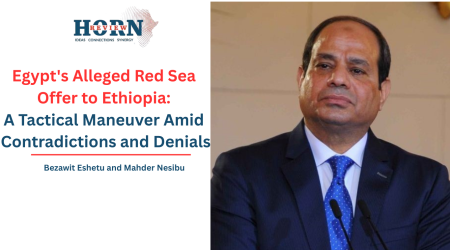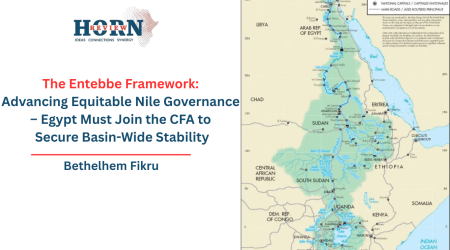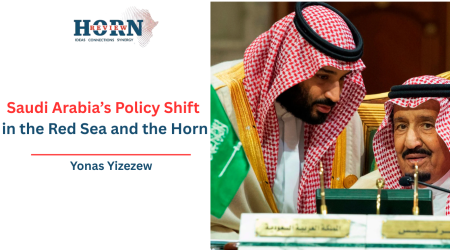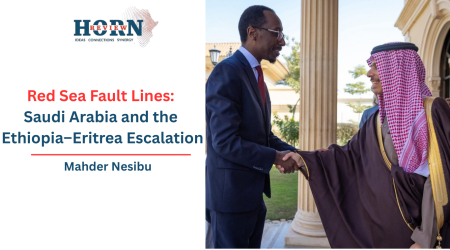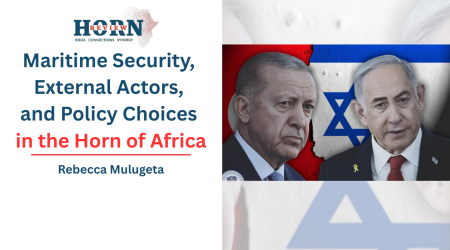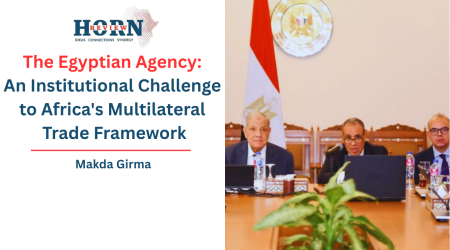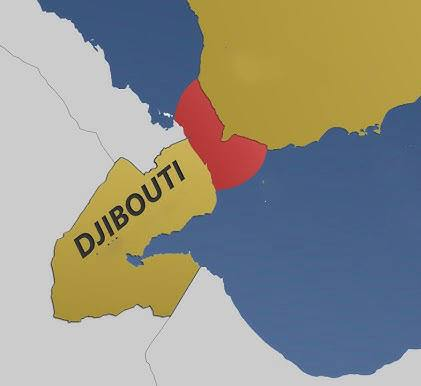
11
Oct
The Djibouti-Egypt Entente and the Pincers Growth
Egypt’s frolic for the Bab el-Mandeb
The shore up partnership between Egypt and Djibouti is a leisurely and varied strategic engagement. This collaboration is a moor in high level diplomatic visits and a series of agreements. This partnership spans several critical sectors, with energy being a fundament. The two countries have launched specific infrastructure projects, including a solar power plant in the Omar Jagaa village, the expansion of a wind power plant in the Ghubbet area, and another solar plant at the Port of Djibouti’s container terminal. These initiatives are seen as efforts to ensure energy security in Djibouti, though they inherently create a relationship of dependency, integrating Djibouti’s critical infrastructure with Egyptian expertise and technology.
Behind energy, the cooperation extends to capacity building. Egypt is implementing training programs and establishing institutions in Djibouti, such as an Al-Azhar Al-Sharif center for teaching Arabic and the continued support for the Djiboutian Al-Wasatiya Institute, where Al-Azhar scholars train imams and preachers. Furthermore, economic and logistical ties are being fortified through the development of a dedicated logistical zone for Egyptian companies within the Djibouti Free Zone and the expansion of the container terminal in Doraleh. These extensive collaborations illustrate a deep and broad based partnership that extends far beyond superficial diplomacy.
This burgeoning alliance cannot be separated from the time honoured tensions in the Horn of Africa, particularly the dispute of Egypt over the Grand Ethiopian Renaissance Dam. High level meetings between Egyptian and Djiboutian leaders have explicitly included the GERD dispute on their agenda. This demonstrates that Egypt’s engagement with Djibouti is intrinsically linked to its broader regional water security policy.
At once, Ethiopia’s own memorandum of understanding with Somaliland, which reportedly includes provisions for naval base access, has been perceived as a direct challenge to the sovereignty of the internationally recognized Federal Government of Somalia and a threat to regional stability. This action has drawn condemnation from across the region and has likely driven other Horn of Africa nations, including Djibouti, to seek closer strategic partnerships as a counterbalance. Egypt and Djibouti have jointly emphasized the importance of Somalia’s territorial integrity and announced their commitment to contributing forces to the African Union Transition Mission in Somalia , placing them in direct opposition to Ethiopian ambitions in the area.
When viewed together, these developments form a coherent strategic picture. Egypt is cultivating a network of alliances with states that share borders with Ethiopia or, in Djibouti’s case, control its primary maritime access. The partnership with Djibouti is a critical component of this strategy. By integrating Djibouti through energy, economic, and security cooperation, Egypt gains a stable and friendly partner on the Bab el-Mandeb strait, a main point for regional maritime trade. For Ethiopia that relies heavily on the port of Djibouti, the prospect of its main gateway becoming strategically aligned with its primary regional adversary represents a significant vulnerability.
This strategy of building a coalition to diplomatically and strategically pressure Ethiopia is a clear alternative to direct conflict. It aims to isolate by ensuring that its neighbours are aligned with Cairo’s interests, particularly on the GERD issue. The assessment of this situation is that it represents a dangerous escalation of regional rivalries. Instead of fostering diplomatic solutions, these actions create deep blocs that increase the potential conflict. The situation demands de-escalation and a return to inclusive multilateral dialogue to address the underlying issues of water security, sovereignty, and regional integration.
By Samiya Mohammed, Researcher, Horn Review

